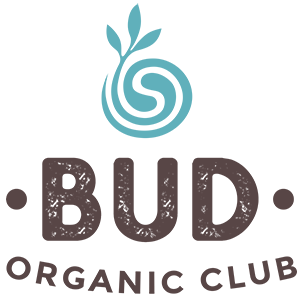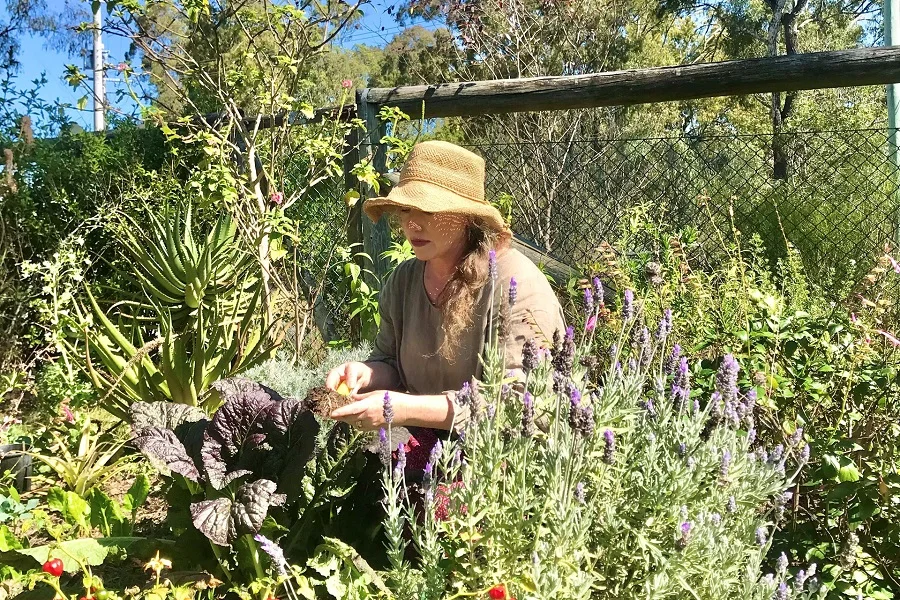By Claire Bickle
What does it mean to garden organically?
The definition of gardening organically means you are gardening without the use of synthetic fertilisers and soil additives or chemical pesticides and herbicides.
Choosing organic products means you are treading more gently on the earth and are not upsetting the delicate balance within your ecosystem.
These days, gardening techniques and philosophies such as Biodynamics and Permaculture all fall under that organically growing umbrella.
Certified Organic
The term ‘Certified Organic’ means a product has gone through the process of ticking all the boxes with one or multiple Australian organic certification bodies. This means they have proven via multiple trials that the product is organic to use and consumers and producers can safely and confidently apply these fertilisers, soil additives, sprays and even plant seeds and seedlings knowing they are completely certified organic right from the start. This process can take quite some time and be costly for producers of organic products and produce but long term is worth it financially and environmentally. Look for the various Australian organic certification symbols on the packaging to be confident it is truly organic when purchasing.
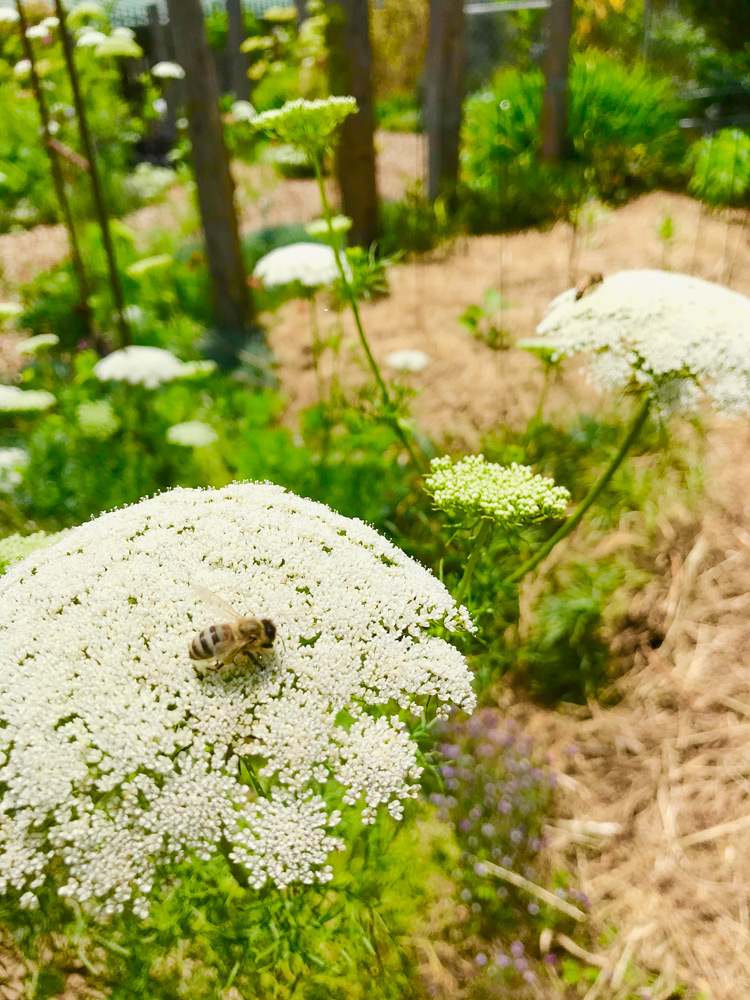
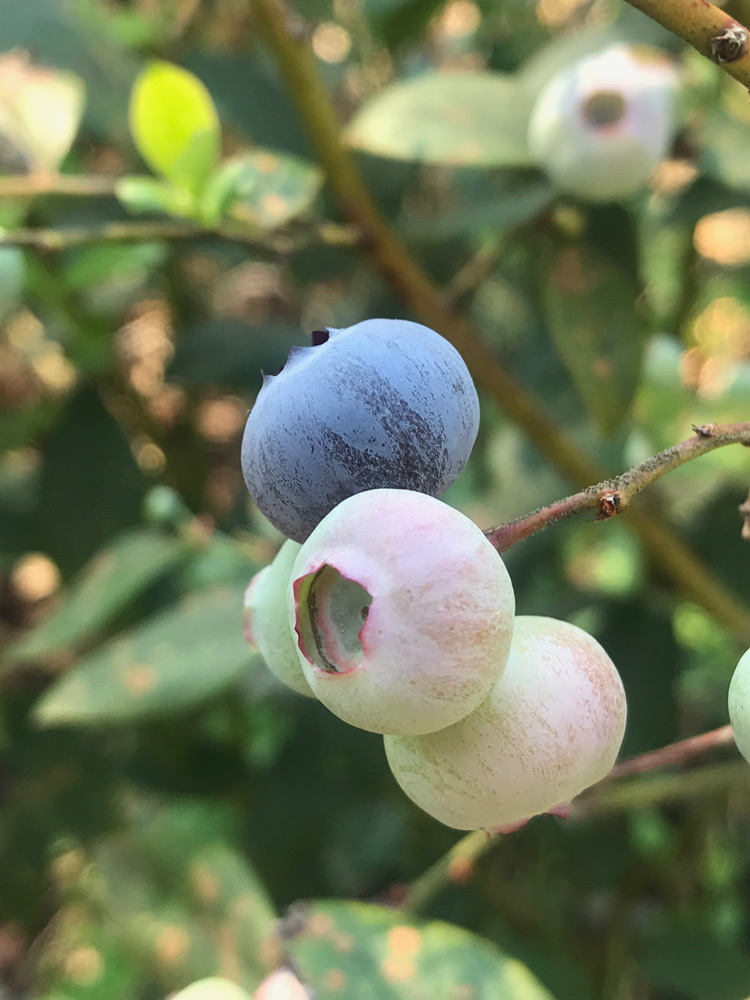
How to create your own edible organic garden
Allowed inputs: Garden soil additives
To improve your soil before planting you can add:
- Compost. This can be compost you’ve created yourself or bought. Compost can be created from anything that was basically once living and the result is decomposed organic matter.
- Mushroom compost. This the compost that is left behind after mushrooms have been harvested. Be aware that mushroom compost is quite often alkaline. Knowing the pH of soil to start with key to understanding whether adding mushroom compost will possibly raise your pH too high.
- Aged animal manures. Such as, cow, horse, poultry, alpaca, or sheep can all be added to your soil. We say aged because using fresh manures from these animals can be too strong for your plants and possibly burn the roots.
- Improving clay. Adding the above will help improve drainage, they will also help improve water holding capacity for soils that are too free draining. You can also add gypsum (as an allowable organic input – powder or liquid) to improve air filled porosity in your soil profile.
- Green manure crops dug into soil just before flowering add organic bulk to your soil.
- Worm castings.
- Mulches such as lucerne, sugarcane and pea-straw are great for edible gardens.
- Consistent moisture levels are also important in maintaining soil health. This will create an environment that is beneficial to all those good soil microbes and good fungi that work with and interact with your plant roots.
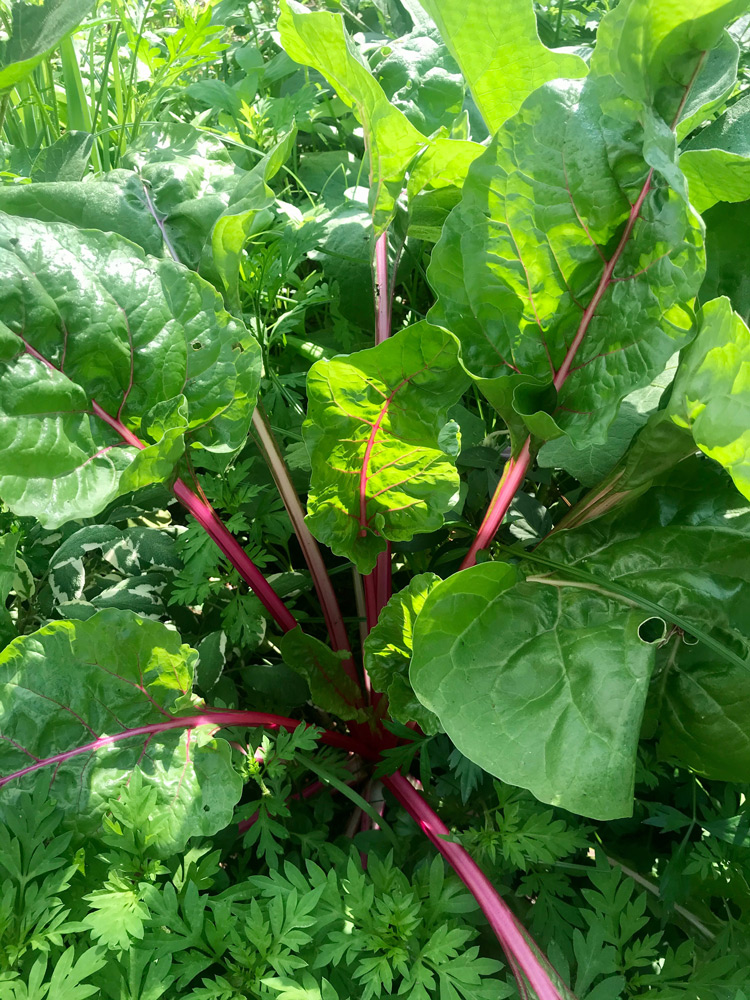
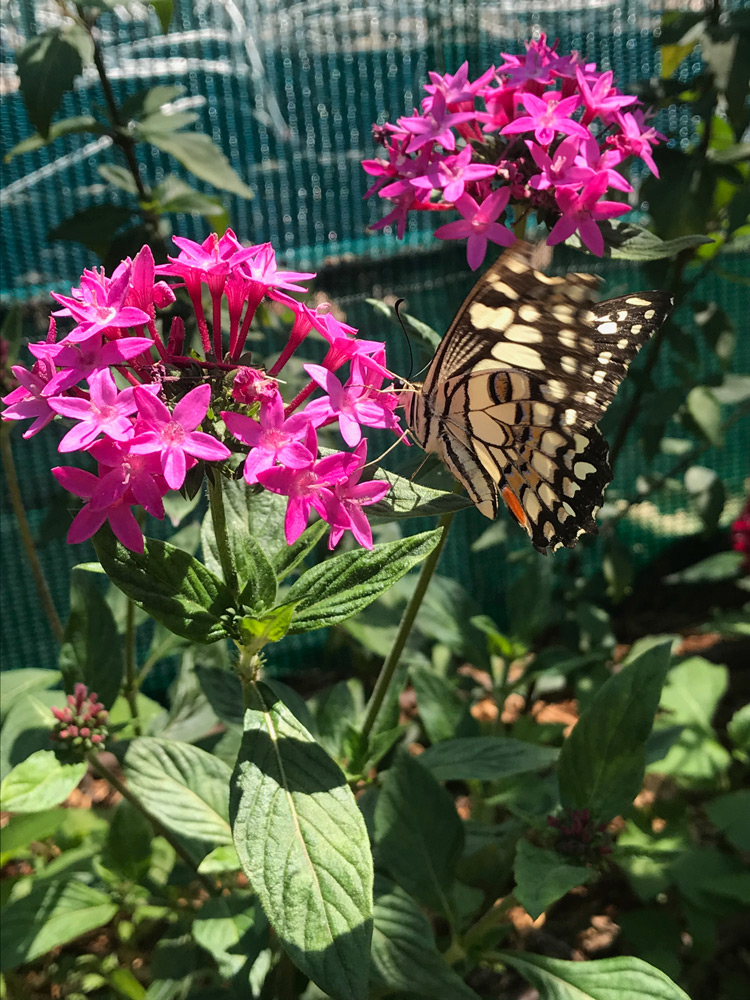
Fertilisers
- Rock dust minerals
- Animal manures – poultry, cow, horse, sheep, alpaca.
- Pelletised manures
- Compost
- Fish emulsion
- Blood and bone
- Compost, weed or comfrey tea can be made at home
- Biodynamic preparations like 501
- Liquid seaweed as a soil and plant health tonic
Pest control
There are many organic non-toxic spray recipes that can be made with a range of common household ingredients that will control a great range of diseases and insect pests, and even weeds. If you’re not keen on embarking on that mission you can easily find organically certified pest, disease and weed remedies in most good garden centres and hardware stores.
Remember to look for the registered organic certification symbols on the packaging. Keep in mind prevention is better than cure. If your edible plants are being grown in the right location, correct season and being adequately fertilised and watered this will help prevent the plants from becoming stressed and more susceptible to insect attack and disease issues in the first place.
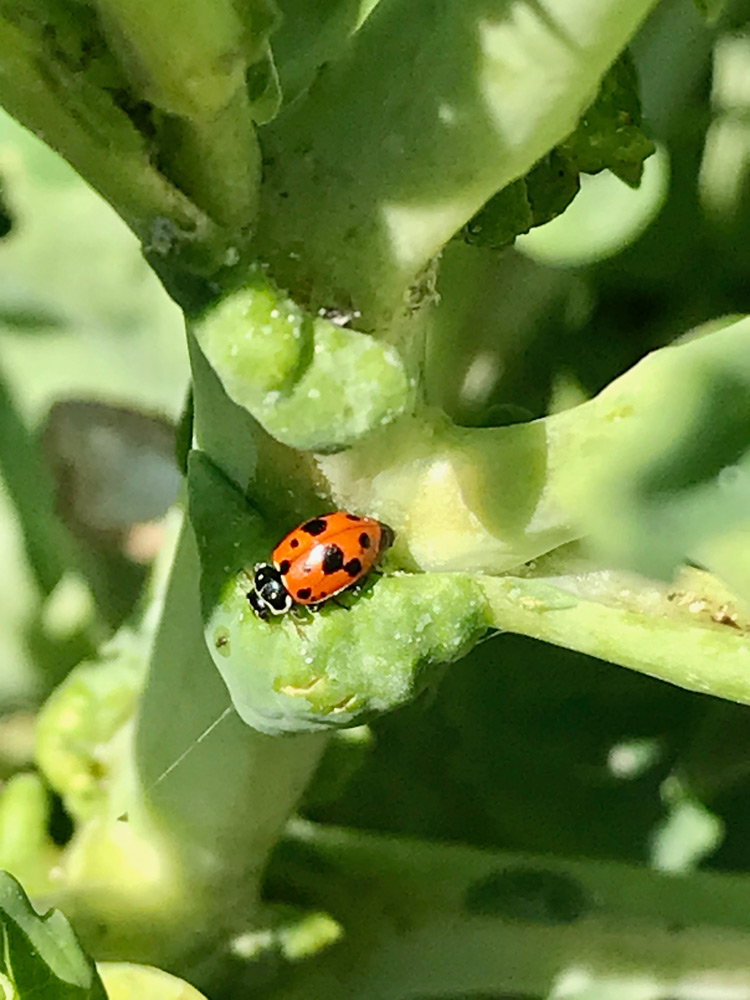
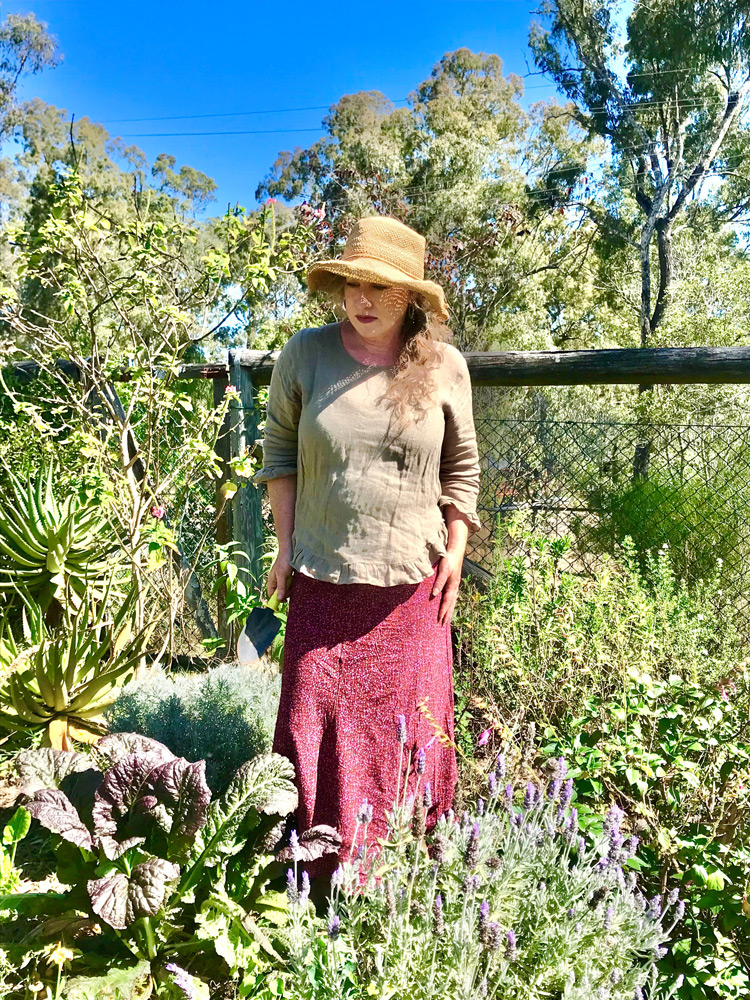
Rookie mistakes and food for thought
Top mistakes when embarking on your organic gardening journey
Done it once and walk away.
It is a common train of thought – thinking that once you’ve set up the vegetable garden and planted the plants, that’s it. Successful edible organic gardening is an ongoing activity. You need understand that to have healthy soil and healthy plants you need to continually add organic matter to your soil in the form of compost and continue to mulch and feed your plants throughout the seasonal changes and crops.
Green washing of products.
Being aware that many products may appear (on purpose) to be certified organic when they are not. This is done by doing a thing we call “greenwashing”, where words such as green, eco, natural and even the word organic may appear on the packaging but does not actually equate to organic certification. Always look for one the Australian organic certification symbols.
It’s the whole big picture.
Organic gardening should be looked at as a holistic approach, not just in the veggie patch. All your gardening practices should embrace organics and that includes lawn care, dealing with kitchen waste and garden refuse and even seeds – are they organic? And what about in the home? Are you choosing less plastic, safer cleaning products and choice for wrapping for food items? Maybe look at beeswax wraps for the school lunch box as an example.
Small Space Urban Organic Gardens Top Tips
- Pots: Use containers to grow effectively in small location so that you can move them around to follow the sun. Pot culture is also ideal when there is limited soil or soil that has a lot of competition from tree roots.
- Grow up: Use all available space, including fences, pergolas, veranda railings and rooftops.
- Biodiversity: Bring in the pollinators by planting flowers to compliment your edibles. Flowers also look attractive and edible selections can be chosen. These flowers will also create urban stepping-stones for a range of bee and pollinator species.
- Consistency: be sure when growing in small, raised beds or containers that you keep across the feeding and watering of your plants, as they will generally dry out more quickly than plants growing in large soil expanses.
- Potting mixes: Always choose an Australian standard quality potting and look for organic certification.
- Understand plant stacking: Grow your plants as layers. For example, the old permaculture 3 sisters’ plantings. Corn, beans and squash. Corn acts a trellis for the beans, beans add nitrogen to the soil through their nitrogen fixing capacity and squash will act as a living mulch. Of course, there are 1000’s of possible combinations showcasing plant stacking.
- Grow for you: Because space is limited, only grow what you know you like to eat!
Top 10 tips to get you growing organically
- Start small
- Soil preparation is key
- Grow what’s in season
- Understanding each plants cultural growing requirements
- Start composting
- Practice crop rotation
- Consistent watering especially during dry spells and MULCH
- Look for organic certification on products
- Does the insect really need spraying – hold back and wait for the good bugs
- Use liquid seaweed on a regular basis
Enjoy your organic garden!
About Claire Bickle
Claire Bickle is a Brisbane based qualified horticulturist with 30 years’ experience. She is passionate about all things horticultural, gardening and sustainability. She is a regular ABC radio presenter, workshop facilitator, educator, writer, speaker and garden tour leader.
Facebook: Claire Bickle Gardening for the Goodlife
Instagram: @clairebicklesgoodlife
